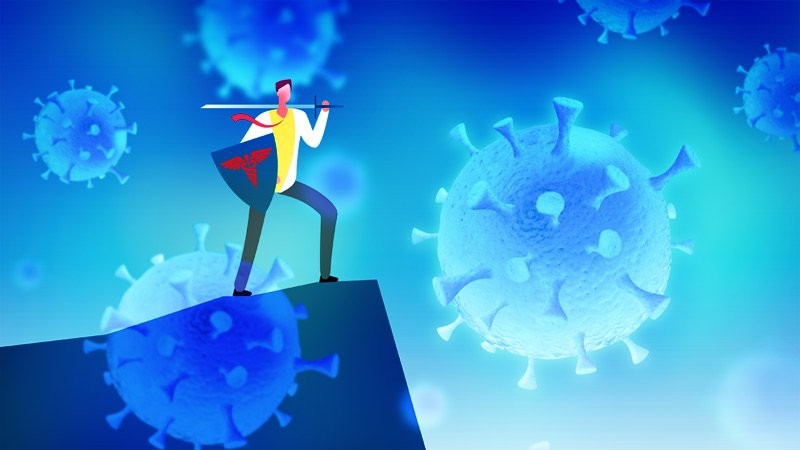
By Jacob Peenikaparambil: The newly elected chief minister of Tamil Nadu, M K Satalin, has presented an excellent example that can be emulated by other States and the Central government in tackling the deadly virus. Mr. Stalin has formed a 13 member Covid-19 advisory committee composed of 12 MLAs from opposition parties and only one MLA from his party the DMK. The chief minister will be the chairman of the committee. The former health minister of AIADMK is also among the 12 members.
India is facing a crisis of gigantic proportion in the form of Covid 19, particularly the second wave. The media have reported the death, devastation and suffering caused to millions of Indians. The Secretary of Indian Medical Association (IMA) said on 17th May that in the second wave of Covid 19, India lost 269 doctors so far while another 748 had died in the first wave. So far 1000 doctors have succumbed to Covid 19 in India. The number of nurses and other health care workers who died of coronavirus infection could be several fold. The death of a large number of medical personnel is only one of the indicators of the magnitude of the devastation caused by the virus.
No political party, however powerful it may be, will not be able to handle alone this mammoth crisis effectively, considering the diversity and the vastness of the country. Moreover India has a federal system of governance and many states are ruled by parties other than the BJP. Many analyses by experts and journalists have brought to light that India could have tackled the virus far better, if the Central government had adopted an approach characterized by transparency, consultation and participation.
Instead of consultation and collaboration between the Centre and the States what the people of India witness is confrontations, acrimonies and mutual accusations. The political drama that is being played out in West Bengal does not augur well either for the Central government or the West Bengal government. People will have to bear the consequences of the tussle between the Centre and the States.
In any national level crisis the Central government has to take the initiative and bring the states to a common platform for discussion and dialogue. What the Central government has to do at this crucial juncture?
The Central government should convene immediately a virtual session of the parliament and discuss with the opposition parties the measures to be adopted in the war against Coronavirus. It should present before the parliamentarians a true status report of Covid 19 situation with facts and figures. It also has to present an emergency plan to deal with the situation and invite suggestions from the parliamentarians especially those of opposition parties. The emergency plan may include 1) a transparent system for sharing medical oxygen, medical equipments and essential medicines among the states, 2) a national vaccination programme that can cover the whole Indian population at least within year, and 3) a package of economic and financial relief to the people on the model of $1.9 trillion package by Joe Biden, the president of the United States.
After getting the approval of the Parliament for the action plan, the government shall appoint a consultative committee consisting of experts and representatives of different political parties to advise the Central government on the implementation of the plan.
Let the Central and the State governments in India replicate the example of Mr. Stalin and bring about a national reconciliation that is very much needed for winning the war against the deadly and devastating Coronavirus. It is time for our political leaders to realize, “United we stand, divided we fall”.
Read More Articles By the Author: